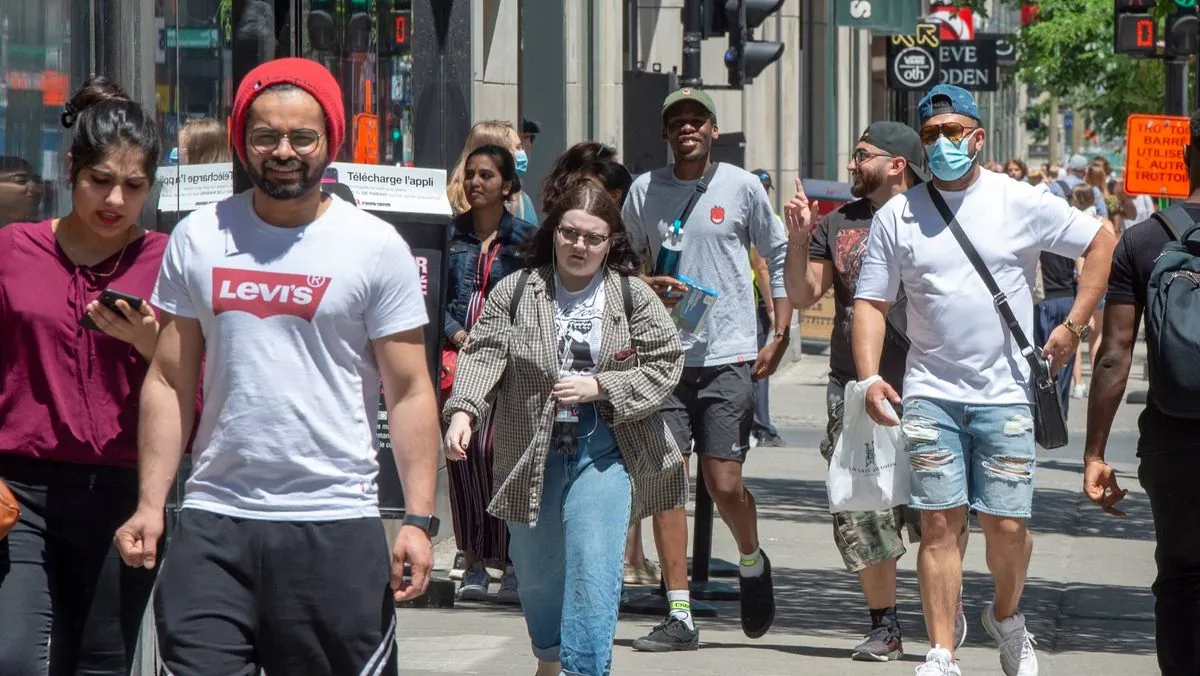In August 2024, Nassau County, New York, enacted a controversial law prohibiting the wearing of face masks in public spaces. This legislation has promptly sparked a federal class-action lawsuit, filed by Disability Rights New York on August 22, 2024, in the Eastern District Court of New York. The legal action contends that the ban infringes upon the rights of individuals with disabilities, potentially hindering their participation in public life.
The lawsuit argues that the mask ban violates the Americans with Disabilities Act (ADA), the Rehabilitation Act, and New York state law. These statutes, dating back to 1990, 1973, and various years respectively, were established to protect the rights of individuals with disabilities and ensure their equal access to public spaces and services.
While the law includes exceptions for medical and religious purposes, critics argue these provisions are insufficiently defined. The plaintiffs, who remain anonymous due to privacy concerns, are immunocompromised individuals who routinely wear masks for health protection. They now face the prospect of frequent interactions with law enforcement and potential legal consequences, including fines up to $1,000 or jail time.
The timing of this ban is particularly contentious, as it coincides with a resurgence of COVID-19 cases. The Centers for Disease Control and Prevention (CDC), established in 1946, reports "very high" wastewater viral activity levels nationally, with New York experiencing an uptick over the past 45 days.
Timothy Clune, executive director of Disability Rights New York, stated, "Nassau County's mask ban puts lives at risk. While worrying about their health and the well-being of their family members, those who need to wear a mask will have the added fear of discrimination, arrest, fines, and detainment."
The origins of this law can be traced to concerns over masked pro-Palestinian protesters and alleged instances of antisemitism. Mazi Pilip, the Republican county legislator who introduced the bill, emphasized public safety as the primary motivation. However, this approach has drawn criticism for potentially infringing on the freedom of assembly, a fundamental human right recognized by the United Nations.
"This is going to protect the public."
The concept of mask bans is not new in the United States. The first anti-mask laws were enacted in the 1920s to combat the Ku Klux Klan, while the first mandatory mask laws were implemented during the 1918 influenza pandemic. The current situation in Nassau County highlights the ongoing tension between public safety concerns and individual rights, particularly those of vulnerable populations.
As the legal challenge unfolds, it raises important questions about the balance between public safety measures and the rights of individuals with disabilities. The outcome of this case could have significant implications for future public health policies and disability rights across the nation.
